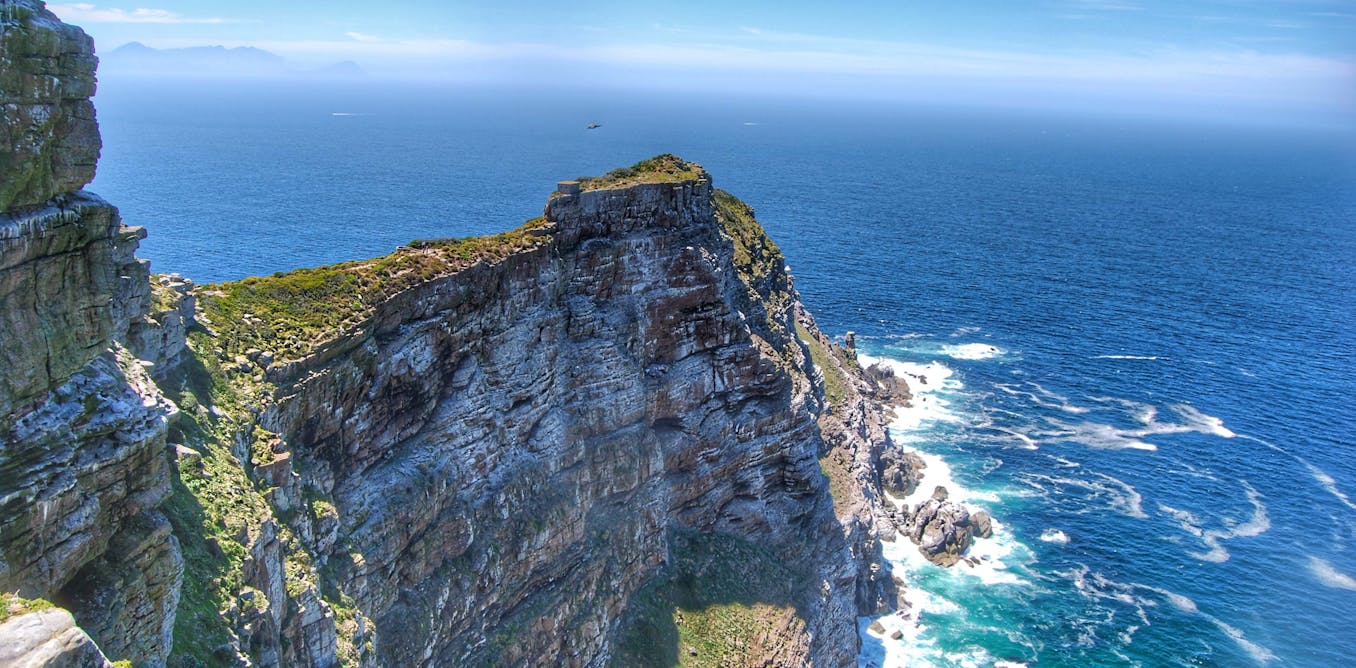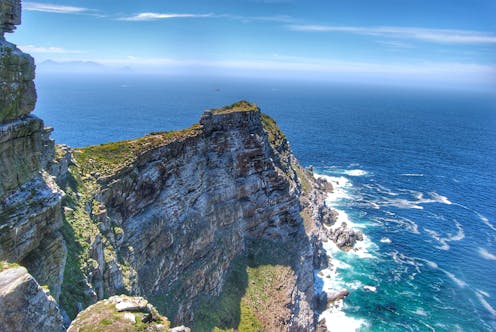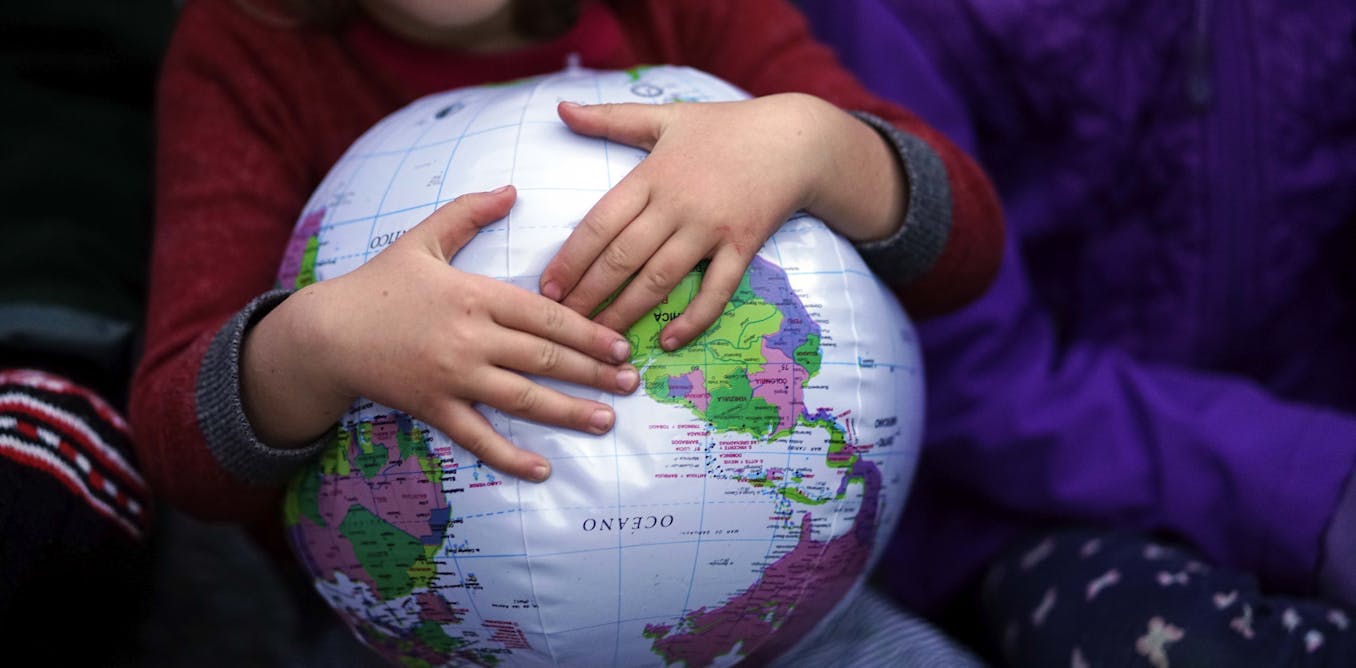Protected marine areas should serve nature and people: a review of South Africa's efforts
The social, ecological and governance objectives of marine protected areas need to be understood to enhance benefits to both people and the environment.


Marine protected areas in South Africa and across the world have an identity crisis. For some, they’re the answer to all marine conservation challenges. They prevent habitat destruction and unsustainable resource extraction, and provide resilience against climate change.
But to others, they epitomise all that is wrong in conservation. They can deprive people of livelihoods and rights. People may lose income, food and social opportunities.
The middle of the road is hard to find.
Yes, marine protected areas are a critical tool in ocean conservation. Without them, humanity stands to lose biodiversity and economic opportunities. Oceans are critical in everyone’s survival.
And yes, in some cases marine protected areas have deprived people of livelihoods and rights. An example is some communities living in South Africa’s Eastern Cape province.
So how can both people and nature be accommodated?
Conservationists and managers need to understand the complex interactions between people and protected areas. These areas have social, ecological and governance objectives. An understanding of these must be integrated into their management to enhance benefits to both people and the environment. When human and biological considerations are uncoupled, it leads to frustration and anger, which undermines conservation efforts.
The research
Our recent paper addressed this challenge. Our aim was to better understand the effectiveness of South Africa’s marine protected areas.
There are currently 41 marine protected areas around mainland South Africa. They protect a total of 5.4% of its ocean territory. Extensive ecological research has shown that, together, they provide some protection for a large percentage (87%) of the marine ecotypes found around South Africa. But while we know quite a lot about the ecological effectiveness of marine protected areas, far less is known about the social and economic effects.
This gap in knowledge is not restricted to South Africa. Worldwide, it’s only recently that socio-economic issues have been considered more formally. But there’s increasing evidence of the close correlation between the ecological performance of marine protected areas and local social factors. The evidence highlights the importance of building social and economic considerations into the planning, design, implementation and monitoring of these areas.
First we analysed the notices that declared marine protected areas, and their management plans, to see whether social and economic objectives were part of their purpose. We then reviewed academic literature published between 1985 and 2020 about the social and economic effects of South African marine protected areas.
Our analyses showed that most marine protected areas declared before 2019 didn’t include any specific objectives directly related to people or their needs. But more recently declared areas all have either social or economic objectives, or both.
We also found that social or economic research had been undertaken in less than half of the country’s 23 coastal parks. This means that their managers know very little about the people who stand to benefit or lose from a protected area.
Most previous studies have focused on the negative impacts of protected areas on adjacent rural communities, on aspects of tourism, or on topics related to resource use. International research shows that there are many other tangible and intangible effects.
There may, for example, be improved catches from the spillover of fish into adjacent exploited areas. Employment opportunities may arise in and around the protected area. The area may provide ecosystem services.
On the other hand, there could be management expenses, decreased access to resources, and loss of income from fishing. Social opportunities could be reduced.
South African research has seldom explored these and other less tangible effects, such as existence or heritage values, or impacts on a sense of place.
Perceptions about the value of marine protected areas
We used the well researched Tsitsikamma marine protected area as a case study. It’s South Africa’s oldest marine protected area, established in 1964.
The park had a positive economic impact on the local area, bringing tourism spending and a large proportion of the local jobs. But local fishers felt restrictions on their access infringed their rights. They said they understood the need for conservation, but they disagreed with the need to close the entire park to fishing. And they continued to fish illegally. Issues of identity and culture were closely linked to access to coastal resources in this area.
This case study highlighted the very different perceptions people have of the value of marine protected areas. Perceptions range from open hostility to enthusiastic support. Intangible social, cultural and spiritual benefits or losses are critical considerations when determining the effects of protected areas. Although difficult to measure and quantify, their importance may outweigh more tangible benefits or losses.
Importantly, they largely determine the effectiveness of any conservation endeavour. Without a better understanding of people, why they do what they do, and how to communicate more effectively, many of the challenges facing conservation management will remain unsolved.
Way forward
We recommend a few ways to build this understanding.
Develop a clear methodology to enable stakeholders to collaboratively identify current and possible future ecological, social and economic effects.
Find ways to enhance tangible benefits associated with protected areas.
Support social science research into the effects of each marine protected area on multiple stakeholders at multiple scales (local, national and global).
Expand training curricula for managers of marine protected areas to cover the socio-economic effects.
Improve communication about marine protected areas with a wide range of stakeholders and decision makers.
While South Africa has an impressive record of marine biological research in protected areas, the country needs to pay far greater attention to the human aspects. We hope these recommendations, based on international and local information, will help to build a more collaborative approach to research, planning and management.![]()
Judy Mann-Lang works for SAAMBR, which receives funding from local and national government.
Bruce Mann works for SAAMBR, which receives some funding from local and national government.
George Branch receives funding from the University of Cape Town.
What's Your Reaction?






























































































